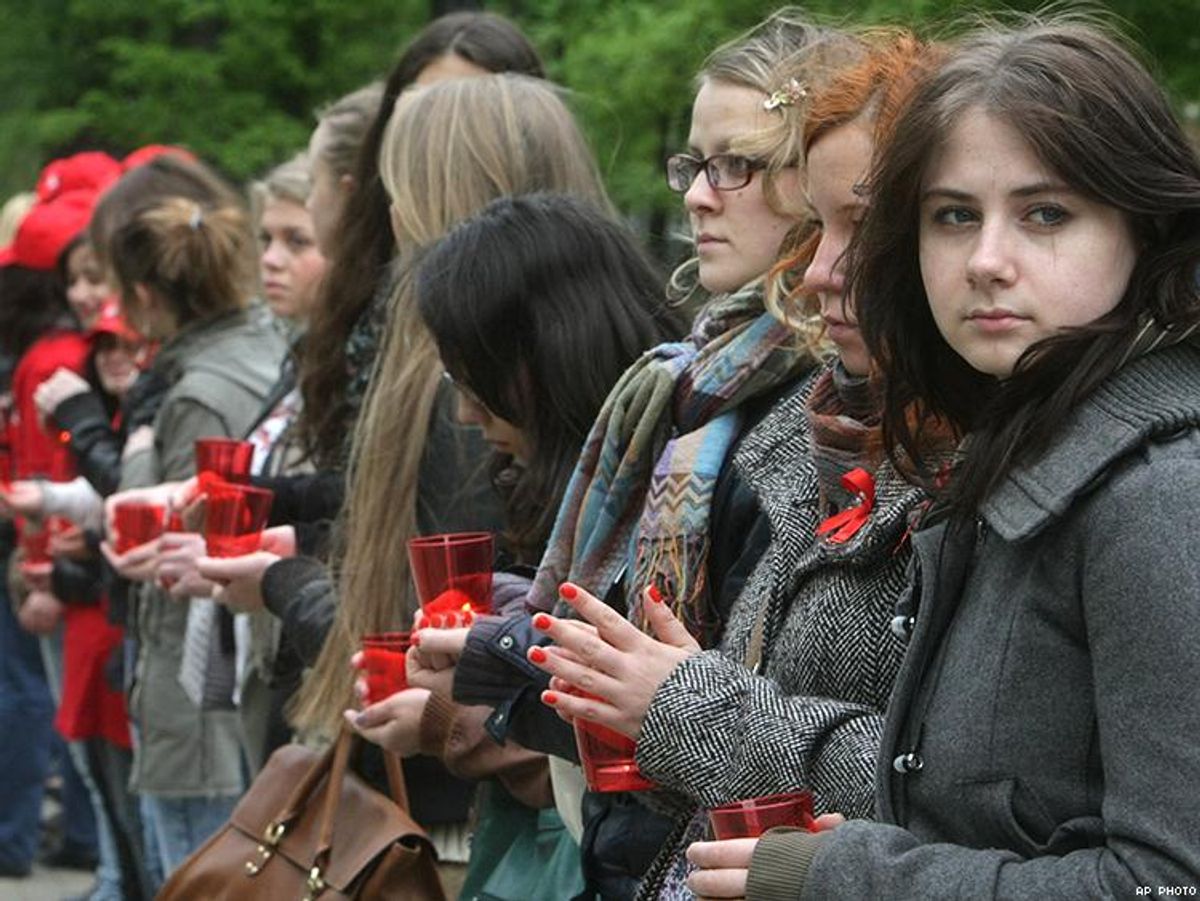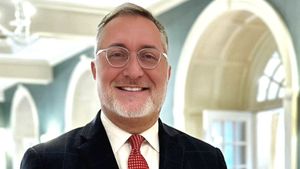Russia’s top HIV expert has announced that one million Russians are HIV-positive, a disconcerting figure in a nation grappling with drug abuse, violence against LGBT people, and rampant homophobia.
The head of the Russian Federal AIDS Center, Vadim Pokrovsky, told Reuters that the growing HIV epidemic in Russia is approaching a “transitional phase” as it marked its one million people living with HIV.
This so-called transitional phase, Pokrovsky says, means that HIV has moved “from a concentrated epidemic, where HIV is highly prevalent in one subset of the population, to a generalized epidemic, where HIV rates among the general population are sufficient for sexual networking to drive new infections.”
The AIDS expert told Reuters that as many as 1.5 million, or 1 percent of Russia’s population, could be living with HIV.
Pokrovsky attributes the majority of cases (55-60 percent) to injection drug use and 40 percent to heterosexual sex. Though he didn’t define it, Pokrovsky said that “gay sex” (presumably anal sex between men) accounted for only about 1.5 percent.
It is no secret that Russia has a serious drug problem. Injectable drugs such as heroin and the infamous synthetic drug krokodil, (dubbed the “zombie drug” because it causes gangrene and skin necrosis) are a major problem in the country. Heroin is responsible for the death of 30,000 people a year in Russia, while krokodil addicts are only expected to live a year or so once they begin using the drug.
However, the country’s efforts to try and combat the rise in HIV have been mediocre at best. The Russian government’s new approach appears rather panicked as it struggles to deal with the rise in HIV cases, including mulling over mandatory HIV testing. The idea was brought forth to the Russian legislature, the Duma, last year by Anna Popova, one of the country’s top health officials. It has not gained much traction, however, and was met with concerns by Pokrovsky that it might jeopardize so-called “traditional” marriage.
At the same time, Russia has placed a ban upon the import of foreign-made condoms in response to western sanctions over the invasion of Ukraine.
In addition, the Russian government’s archaic approach to substance abuse through injection drugs is unlike most other nations. Opioid substitution therapy is banned in Russia, and denounced as a product of Western propaganda — according to this 2008 New York Times report — and Russian government officials have denounced the use of methadone to treat opioid addiction.
Dr. Gennady G. Onishchenko, the Russian equivalent to a Surgeon General, underscored the stalwart position of the government, by declaring that there was “little optimism” for legalizing methadone treatment any time in the near future.
Normally, Russian substance abusers are prescribed the same antipsychotics previously used by the former Soviet Union to treat dissidents. Needle exchange programs are also difficult to find and access.
The surge of HIV cases (as well as the rise in AIDS) is not only a Russian issue. Neighboring Ukraine, and other former Soviet republics are experiencing a flourishing of the virus as well.












































































